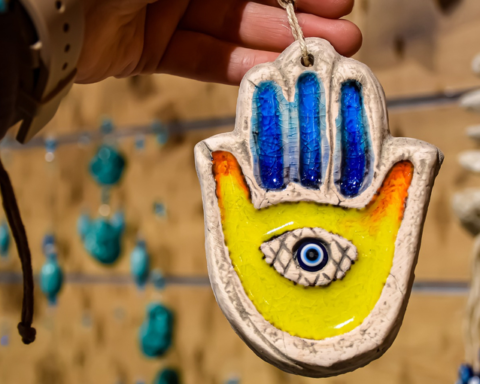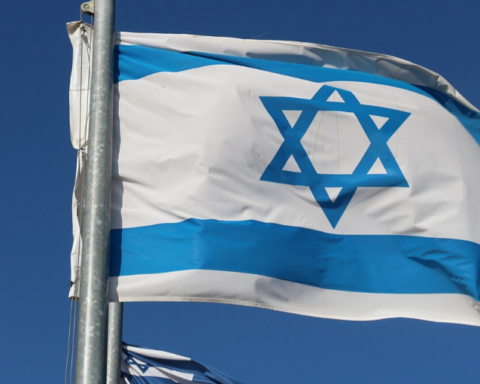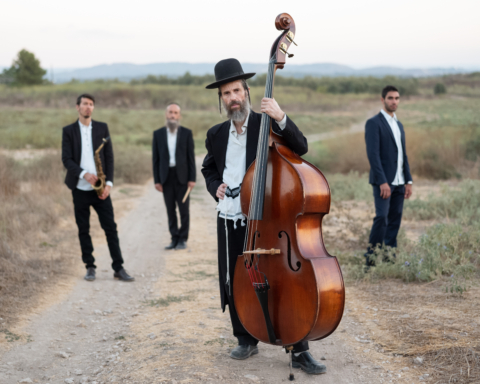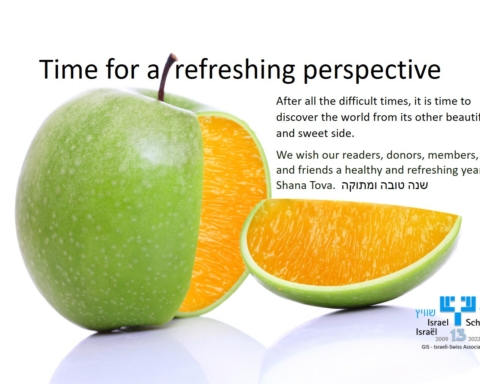My dad doesn’t talk about it, and his parents never talked about it. It makes our family history blurry, despite the fact that I can feel the third-generation trauma in my blood. It’s as if the memories flow deeply through my veins, and while I can’t recall the stories, I sense the deep sorrow that was alive in my ancestry.
Wednesday, January 27 marks Holocaust Memorial Day. In 1944, only 76 years ago, 7,000 Jews were liberated from the Auschwitz death camp. This was after 1.1 million Jews had already been murdered in cold blood. The day notes the liberation of Auschwitz as a celebration of sorts, except the challenge lives in what precedes the notion of such freedom. On the whole, six million Jews were killed, as well as a non-determined number of non-Jews.
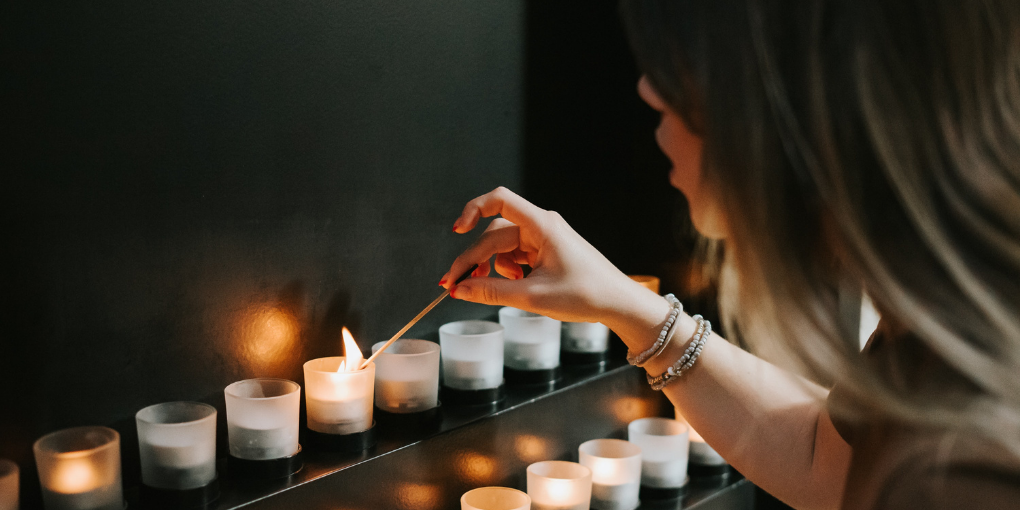
Today, with less than 400,000 Holocaust survivors alive, an alarming increase of antisemitism, and a global pandemic specifically affecting elderly health, it is more crucial than ever to remember our past, so that we can correct our future.
My dad makes it a point to tell me how quiet his household was growing up. His parents had lost family members who had lost family members. His parents did not speak of it, and so neither did he. Nobody shared information voluntarily. It was better unspoken, better trapped inside so that it died with those who experienced it firsthand so that no one should know the murderous madness that had taken over when hatred filtered through the lens of leadership.
Except that when he speaks of the silence, it feels loud. As if there is an emptiness that echoes in the stories still untold, unheard, unexpressed. I wonder if perhaps, that generation had the right support to speak of their pain, they would have released the pressure that was suppressed, and we would all have escaped the cellular memory of the cruel massacre which places our people in constant defense, survival mode. Which perks up our souls in fear or anger when we see another clip about the desecration of a synagogue or a cemetery, or the senseless murder of a Jew for being a Jew.
We’ve reached a point in time where we can hold on to our history and stay silent, or start the conversations we must have to heal – and be louder than ever.
Holocaust Memorial Day commemorates the liberation of the worst death camp there was. Let us also continue to free our voices, and escape from the fear by expressing ourselves with strength. Let us remember that any trauma causes an imprint – in our bodies, our minds, our spirits. In this case, the Holocaust left a mark that is forever embedded in Jewish blood. However, the narrative need not stay the same. Today, we can look back at our history, remember the pain, and suffer in silence, or we can continue to liberate ourselves from our past by unleashing our stories of strength to build a new future.

